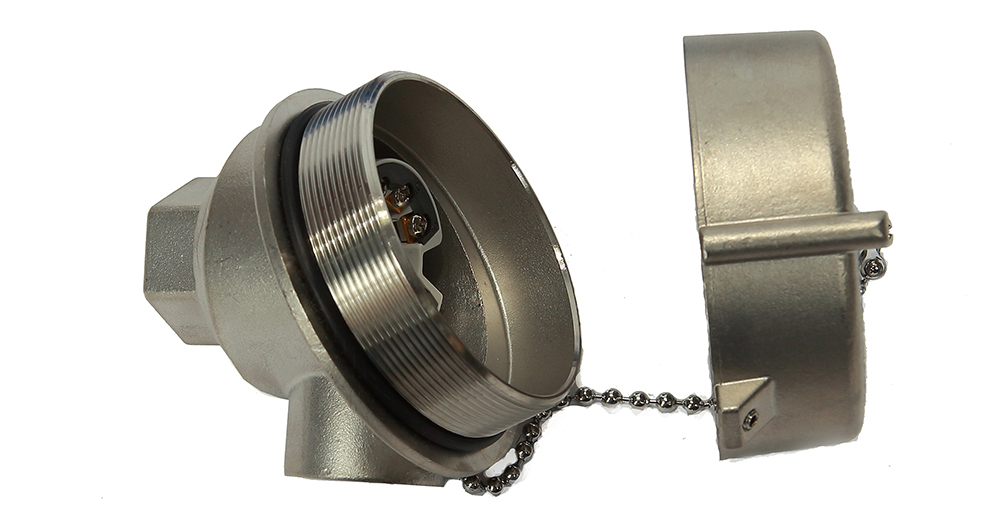Thermo Sensors accessories include everything to complete the assembly and protect the terminals and wire from the often hostile environments in which they function. These accessories include the explosion and weatherproof heads to compression fittings and connectors.
A Leading Manufacturer of Quality Thermocouple and RTD Assemblies


